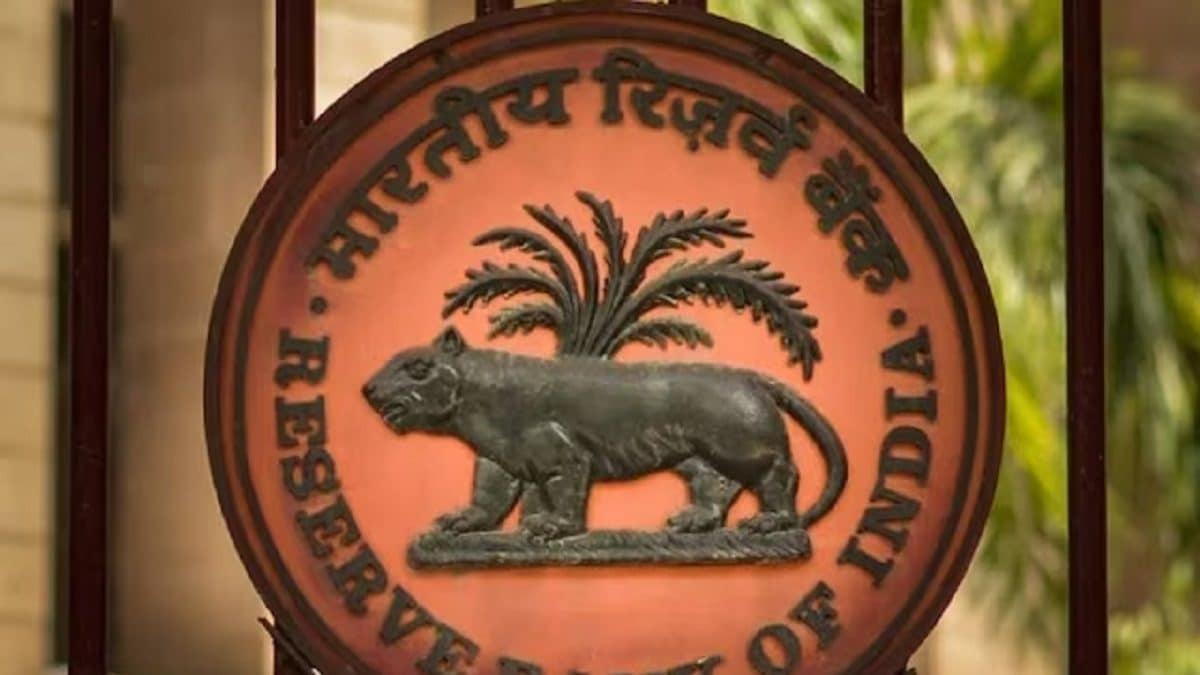The directions will have immediate effect, says the RBI.
The RBI has taken the action against ECL Finance Ltd and Edelweiss Asset Reconstruction Company Limited under the SARFAESI and the Reserve Bank of India Act, 1934
The Reserve Bank of India (RBI) on Wednesday imposed business restrictions on ECL Finance Ltd and Edelweiss Asset Reconstruction Company Limited, with immediate effect.
The RBI has asked ECL Finance Ltd (ECL) “to cease and desist, with immediate effect, from undertaking any structured transactions in respect of its wholesale exposures, other than repayment and/ or closure of accounts in its normal course of business”, the central bank said in a statement on May 29.
Edelweiss Asset Reconstruction Company Limited (EARCL) have been asked “to cease and desist from acquisition of financial assets including security receipts (SRs) and reorganising the existing SRs into senior and subordinate tranches”, it added.
The central bank has taken the action under the Securitisation and Reconstruction of Financial Assets and Enforcement of Security Interest Act, 2002 (SARFAESI) and the Reserve Bank of India Act, 1934.
“The above directions will have immediate effect,” the RBI said.
The action is based on material concerns observed during the course of supervisory examinations, essentially arising out of conduct of the group entities acting in concert, by entering into a series of structured transactions for evergreening stressed exposures of ECL, using the platform of EARCL and connected AIFs, thereby circumventing applicable regulations. Incorrect valuation of SRs was also observed in both ECL and EARCL, according to the statement.
Apart from the above, in ECL, supervisory observations included submission of incorrect details of its eligible book debts to its lenders for computation of drawing power, non-compliance with loan to value norms for lending against shares, incorrect reporting to Central Repository for Information on Large Credits system (CRILC) and non-adherence to Know Your Customer (KYC) guidelines. ECL, by taking over loans from non-lender entities of the group for ultimate sale to the group ARC, allowed itself to be used as a conduit to circumvent regulations which permit ARCs to acquire financial assets only from banks and Financial Institutions, said the RBI.
In EARCL, other violations included not placing the Reserve Bank’s supervisory letter issued after the previous inspection for 2021-22 before the Board, non-compliance with regulations pertaining to settlement of loans and sharing of non-public information of its clients with group entities, it said.
“Instead of taking meaningful remedial action to rectify the said deficiencies, it was observed that the group entities were resorting to new ways to circumvent regulations. Over the last few months, the Reserve Bank has been engaging with the senior management of the captioned entities and their statutory auditors, but no meaningful corrective action has been evidenced so far, necessitating the imposition of business restrictions. Further, both the companies have been directed to strengthen their assurance functions to ensure regulatory compliance in letter and spirit at all times,” the RBI said.
The business restrictions being placed now shall be reviewed after the rectification of the supervisory observations by the group to the satisfaction of the Reserve Bank. These restrictions are without prejudice to any other regulatory or supervisory action against the captioned entities, that may be initiated by the RBI, it added.







